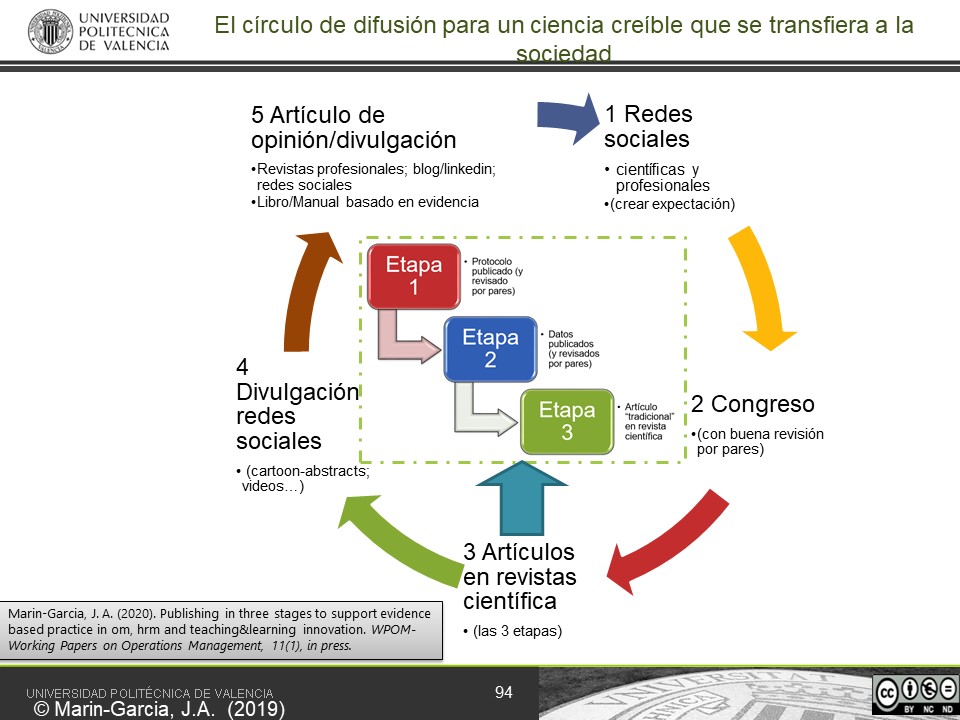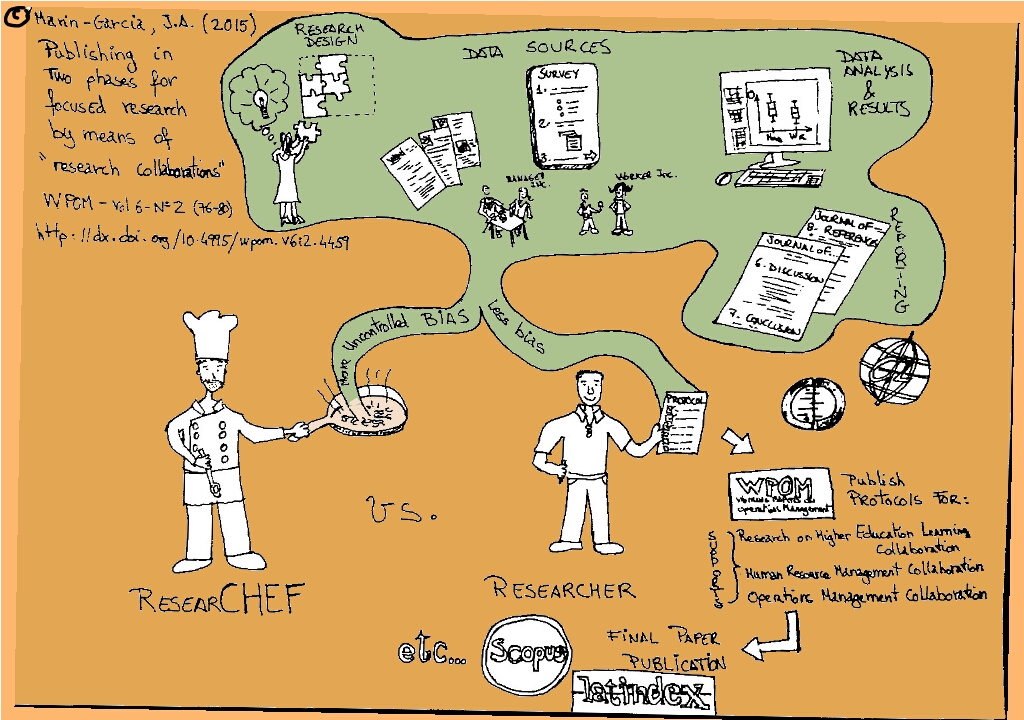El 14 de marzo 2025, presentaremos nuestro trabajo Optimizing the screening of scientific literature: Artificial or Human Intelligence? en el XVI Workshop in Operations Management and Technology en Melilla.
This paper analyses the use of artificial intelligence (AI) in scientific literature screening, comparing its performance with the consensus of human researchers. The objective is to evaluate three methods: 1) generative AI using chatbots such as ChatGPT and Claude; 2) supervised learning with the Rayaan algorithm; and 3) similarity ranking based on sentence Transformers embeddings, proposed by Marin-Garcia et al. (2024). The study aims to determine whether any of these methods reduce manual effort and improve efficiency metrics such as accuracy, repeatability and time spent. It will also investigate the generalisability of these models to different scientific areas and whether the integration of multiple models improves the consistency of results in complex texts.
Alfalla- Luque, R., Luján García, D. E., & Marin- Garcia, J. A. (2023). Supply chain agility and performance: evidence from a meta- analysis. International Journal of Operations & Production Management, 43(10), 1587-1633. https://doi.org/10.1108/ijopm- 05- 2022- 0316
Marin- Garcia, J. A., Martinez- Tomas, J., Juarez- Tarraga, A., & Santandreu-Mascarell, C. (2024). Protocol paper: From Chaos to Order. Augmenting Manual Article Screening with Sentence Transformers in Management Systematic Reviews. WPOM- Working Papers on Operations Management, 15, 172-208. https://doi.org/10.4995/wpom.22282
Rafaela Alfalla-Luque Alina Díaz Curbelo Juan A. Marin-Garcia Juan Martínez cartoonabstract
Visitas: 45




